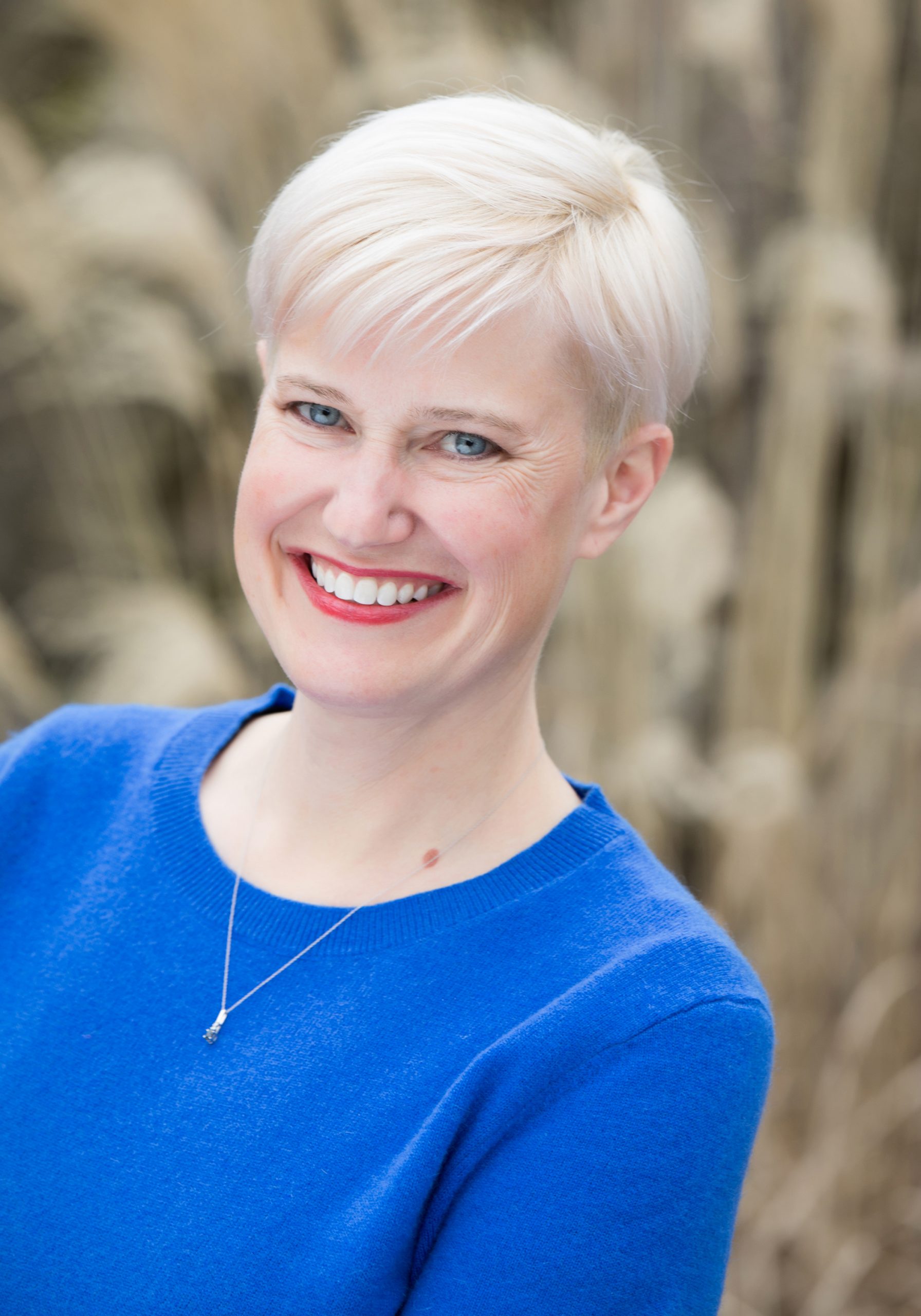Please don’t tell me “Everything happens for a reason”
Why this platitude doesn’t help

No matter where you are on your special needs journey, one thing is guaranteed: you will hear “everything happens for a reason” regarding your child. (Going forward, I christen this cliché EHFAR).
Now you may find EHFAR comforting—you’re not me, after all. You might find it a spiritual balm that eases your dark times. If so, stop reading here and go on with your day, my friend. Anything that comforts special needs families makes me happy, even if it doesn’t don’t help me personally. We’ll hear this phrase anyway no matter our feelings—that, or its religious doppelganger, “God has a plan.”
Some well-intentioned friend, family member or even stranger will say EHFAR to comfort you about having a child with challenges, especially during times you’re struggling. (I.e., grappling with a new diagnosis). And often they themselves don’t have a special needs child. How easy it is for them to be philosophical since it’s not their kid.
People say EHFAR to show their support. They are coming from a good place. But here’s how it comes across to me: You have no right to feel tired or depressed or (insert unattractive emotion). Be positive because you’re making me feel uncomfortable. I need to believe I am cheering you up.
And so I reflexively smile to make them feel better. I mouth words approximating agreement. And disconnect.
This tired expression make me want to scream, yet I know it’s always said with the best of intentions. Somehow that makes it worse. I hear sanctimony and condescension in the phrase (something I know is NEVER meant by the speaker). What they say and what I hear are different. I hear the speaker believing himself to be rational about my struggles while I am just too emotional to “see the big picture.”
Now I’m not bothered by someone saying EHFAR in random low-stakes situations. If I didn’t get a job I applied for or couldn’t find that cute top in my size at the store, that’s one thing. I can embrace the EHFAR and move on. No, I’m talking about the high stakes, big time EHFAR impacting the rest of my life and that of my family—Jack will never live independently and will be at the mercy of others long after I’m gone. And once I’m dead it’s ultimately out of my hands. I can only plan ahead and pray. This is why I get feisty about EHFAR.
I might be overly sensitive, but I know I’m not alone in my irritation. So I’m writing this for all of us who feel like stabbing 2 freshly sharpened pencils to our eyeballs every time we hear this inanity.
And what’s the deal with the inherent assumption that the “everything” that happens is good and that the outcome is always positive? I know some parents struggling with their children’s epilepsy (and worse) and no, I don’t believe that’s part of “God’s plan.” And I’ve had a front row seat to Jack’s episodic suffering. I believe in a God who is loving and that He doesn’t provide enlightenment by smiting us with disability, illness, tragedy or war.
We can’t avoid hearing EHFAR, but we can use it to develop our compassion. We’ll never say it to those suffering from chronic illness, or reeling in the wake of tragedy or loss, because we know how bad it feels. In fact, we won’t use any platitudes to “comfort” others because we know better. Such meaningless bland drivel can wound. When someone is hurting, we won’t invalidate them by saying EHFAR–you shouldn’t be in pain—you shouldn’t struggle, you should look on the bright side.
Instead, we can acknowledge their suffering in silence. Sometimes there’s just nothing to say. By sitting quietly, bearing witness and just listening, we can show them our love.
And we can appreciate the times that others extend this kindness to us. Because often some do.
I know I am fortunate. I have the love of my family and friends. So many good things have happened to me. But they didn’t happen for a reason, any more than Jack’s disabilities did.
So let’s reject EHFAR, and view our circumstances as the cards we are dealt. That way, we don’t feel personally punished. Or bitter towards those we feel “have it easy,” who speak at us with platitudes in their loving but misguided attempts at comfort.
And let’s be grateful that we can better support others in their own painful times by noting what helps and hurts to hear when we’re struggling. After all, we’ve been the recipient of EHFAR and other platitudes. We can keep company with those dealing with their own darkness so they feel less alone in their grief. And in that human connection there is love.
Now don’t get me started on “God gives special kids to special parents……”

I’m the mom of 2 great young adults, as well as of a very spoiled plott hound named Bubba Sue. I grew up in New Jersey, but have lived in the Cincinnati, OH area for the past 18 years. My husband Mike and I have been married for long enough not to look like our wedding pictures, but even after all these years, he still makes me laugh. After 15 years of questions and no answers, Jack got a diagnosis of Smith-Kingsmore Syndrome. I wanted to write this blog to help special needs families know they are not alone.
